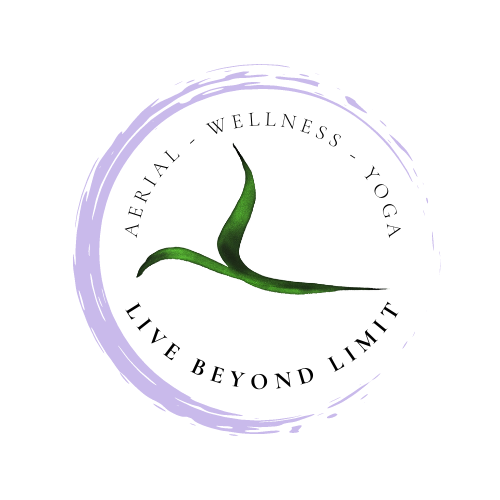Not all teachers are created equal and there are. Not all trainings that are "Yoga Alliance" certified are credible or complete in how they're taught and what they require "certified teachers" to demonstrate before getting out and teaching people in groups and one on one. With all of the trainings, certifications, styles, and advertising on the web or in magazines it's hard to know what to look for and how to identify whether or not you're in good hands, so we've made a few pointers for you to be able to feel informed about the studios, teachers, and environments you place yourself within.
Overall the most important things when you're looking for a yoga instructor are:
- Knowledge and incorporation of the philosophy and energetics of yoga.
- Look to see how they define yoga. The sanskrit translation is "yoking of mind, body, and spirit," meaning it's helping you connect with you on all levels.
- The philosophy begins with the Yamas (social observances) and Niyamas (personal observances), involves postures, breathwork, internalizing the senses to connect with your inner experience, concentration, meditation, and takes you as far as samadhi (bliss/oneness/absorption with your surroundings/infinite consciousness/etc).
- The energetics involves bandhas (supports/locks), vayus (subtle winds or energies of the body), koshas (layers of self and experience), kleshas (root of suffering) at a minimum.
- You'll see more life results in a quicker amount of time by practicing and learning the full philosophy and energetics than you will by practicing the physical postures alone.
- Knowledge of the physical body, postures, and how to adapt to make them accessible to all persons in the room.
- See if they're familiar with anatomy and physiology. Do they know what muscles are doing what? Can they help you target and locate what you need to find to get into the postures? Do they ask you to find control and restraint at times and work deeper at other times? Do they offer modifications and levels of the postures for all students to work at their own pace?
- Offers adjustments without force and with your permission.
- Adjustments should only be offered to help you learn how to find the alignments, space, or ease in your own experience. If your teacher forces the movement or posture onto your body, it doesn't help you figure out how to find it on your own. Those that use light touch, visual cues, verbal cues, sensory cues, etc are better teachers and will help you grow more in the long run in a safer and healthier manner.
- Consent is key. With so many of us walking around with traumas and personal preferences, it's important that your teacher give you the option to say you rather not be touched in class. Whether they ask if it's okay, offer chips to mark if you'd like adjustments for class, or ask you to make a gesture in your opening meditation so they know who is and is not comfortable with physical assists, permission is VITAL so you feel safe and respected in your body and practice.
- Clear with instructions and able to demonstrate, explain, and assist you with the practice.
- They should be easy to follow and understand as you go through class. If you're confused the whole time, they refuse to demo to help you figure out where to go or what you're doing and what you need to be doing...well then they may not be the best teacher for you.
- Warm, friendly, supportive, and approachable.
- It's important your teacher makes your feel comfortable in the skin you're in and actually cares about you beyond your mat. If you have feedback or concerns about your practice or their teaching, it's important that they create an environment where you feel comfortable voicing your needs so you can feel safe and supported in your yoga journey.
- They get excited to share with you and to see you grow. They help you notice your progress and celebrate your developing practice. They notice your small and big shifts and changes.
- Professional in appearance and demeanor.
- It's important that the teacher is professional and focuses on you or the class you're in as a whole instead of focusing on their own practice or problems. While sometimes a teacher's personal journey can be a powerful teaching experience and offer you permission to be sensitive to your own grown and needs, it should not be the main focus of the class as they are there to teach and serve you and your development.
- It's important they care about their hygiene and appearance to an extent. One of the main pillars of yoga philosophy is cleanliness, so if they're always looking disheveled and a bit rough or potent smelling, they are showing disrespect to both you and themselves.
- They LIVE their practice.
- Yoga isn't just a hobby for them. The best teachers are those who take their practice into their daily lives in every waking moment. They're present in themselves, they listen and like to be challenged to learn and grow, they care about the world, and they are focused on being their best selves.
We hope this guide helps you target the teachers who will be able to best help you deepen your practice. We support the new teachers who are working to develop their knowledge base and ability to teach and guide students, but recommend those with a bit more training and experience to ensure a safe, supportive, and powerful environment to help you know your investment in yourself is going to be well worth the efforts and professional attention.
Have questions or need help finding the right teacher for you? Shoot us a message at katew@livebeyondlimit.com or use our Contact page to receive some support.


